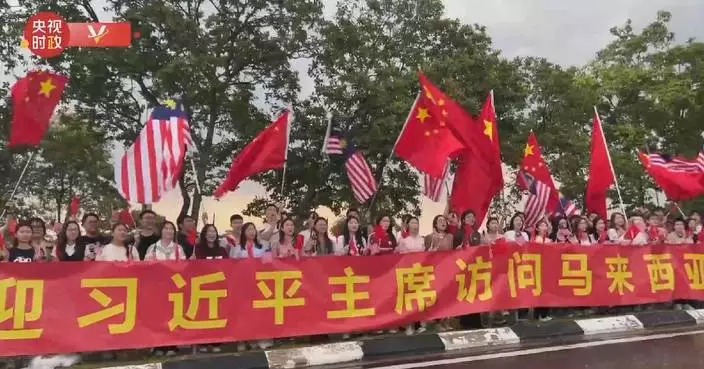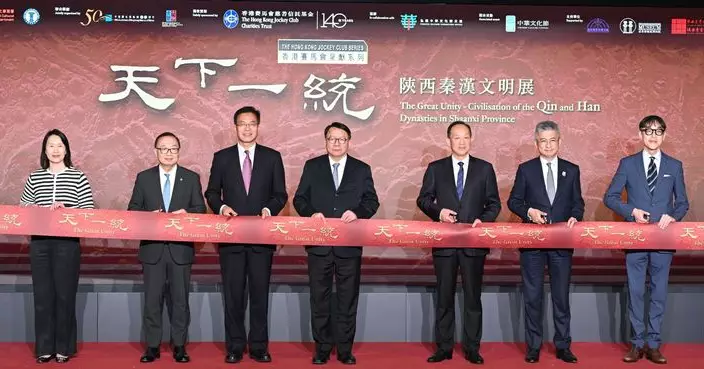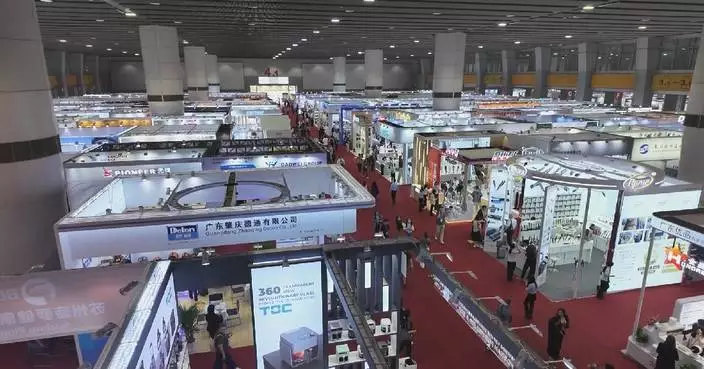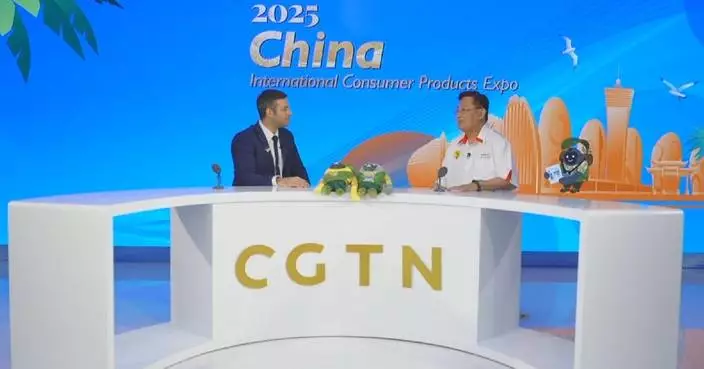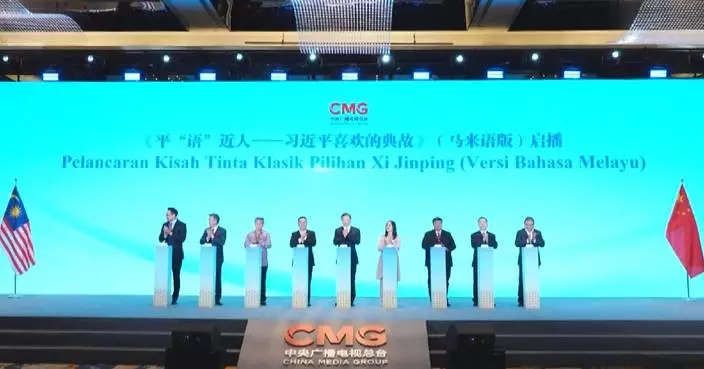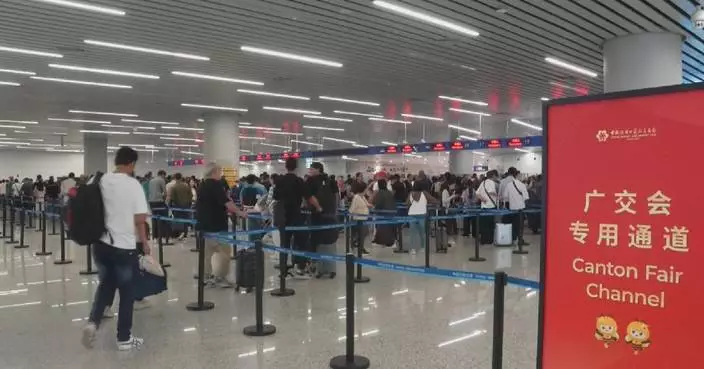Donald Trump is now showing signs of weakness. After China imposed retaliatory 34% tariffs on US goods, the US claimed it would add an additional 50% tariff on some Chinese products. Meanwhile, Trump posted on social media that although China has not yet formally contacted the US, "China also wants to make a deal, badly, but they don't know how to start. We're waiting for their call. It will happen!" he wrote.
China won't be making that call Trump is waiting for. China does indeed want to reach an agreement, but China knows exactly where to start - by making America bleed, by inflicting pain on the US. Therefore, China will certainly respond in kind, and when the US can no longer bear the pain, they will come knocking, asking to reach an agreement with China.
Trump's current strategy is to apply maximum pressure globally, then wait for each country to come begging to the US. After that, the US will make harsh demands, slightly lower some tariffs, and ultimately achieve an outcome where only America wins completely. This is Trump's wishful thinking.
The world should now set a different agenda - creating a free trade world without the US. In this truly free world, other countries would all win, and America would lose.
European Commission President Ursula von der Leyen has closely followed US Democratic President Biden's approach, being extremely friendly to the US while confrontational toward China. But even a hardliner like von der Leyen has recently shown subtle changes in attitude. On April 7 in Brussels, she stated that due to the impact of the Trump administration's tariff policies on international trade, the EU is seeking to develop more trade with regions outside the US. The EU will broaden cooperation with trading partners beyond America, "We will focus like a laser beam on the 83% of global trade that is outside the US", and there are "vast opportunities" elsewhere.
Although von der Leyen did not mention China, China accounts for a large portion of that 83% of global trade outside the US.
Additionally, elite British media outlets are also pinning their hopes on global free trade. On April 2, The Economist published an article titled "Can the world’s free-traders withstand Trump’s attack?" The article mentioned that Trump's trade war confirmed that the US has abandoned its role as guardian of the global trading system, while other countries are continuously deepening trade relations, diversifying trading partners, forging new alliances, and establishing new rules and frameworks. In global trade, America's share is declining, making it feasible to establish a new trade framework outside the US. At the beginning of the 21st century, the US accounted for 20% of global imports; today it only accounts for 12.5%. America's role as a consumer nation is shrinking, reflecting not only the rise of emerging markets but also changes in the US economy.
There are now several large-scale free trade agreements in the world, including the Regional Comprehensive Economic Partnership (RCEP) in which China participates. This agreement was launched in 2022, connecting China with the 10 ASEAN countries, Australia, New Zealand, Japan, and South Korea. It brings 15 diverse economies into a single framework, with China at the core, providing other RCEP members access to China and offering an alternative to US-dominated global trade.
Another is the Trans-Pacific Partnership (TPP), originally initiated by the US but later abandoned by America. It has now transformed into the new CPTPP agreement, led by Japan and composed of 12 member countries. Even the UK, a European country, has already joined, while China is applying to join.
The EU is not part of either of these extensive free trade agreements. Facing Trump's anti-trade actions, it's time for China and Europe to greatly strengthen trade relations. Establishing a China-EU free trade agreement is not beyond imagination. In the past four years, due to the Ukraine war and the Biden administration's blind support for Ukraine, plus US efforts to rally European allies against China, the Ukraine issue has inexplicably become one of the obstacles in China-EU relations. As the US and Russia push the Ukraine war toward conclusion, coupled with Trump's crazy tariffs, it becomes easier for China and Europe to set aside differences and achieve cooperation.
If not just China and the EU create a free trade agreement, but Europe and Asia are integrated, a massive non-US free trade alliance would be established. This would bring greater benefits but would also be more difficult to negotiate. However, as countries worldwide are impacted by high US tariffs, severely affecting their economies, the incentive to seek alternative paths increases. Establishing new large-scale free trade alliances to promote non-US trade would greatly benefit countries in promoting their economies. All goods that can no longer be sold to the US due to high tariffs could find new markets within a non-US free trade alliance. A paradigm shift in thinking is needed to discover new opportunities that were previously overlooked.
Since America has chosen to abandon the world, the world should choose to abandon America. The future world should not be dominated by political ideology but by free trade.
Wing-hung Lo
Bastille Commentary
** The blog article is the sole responsibility of the author and does not represent the position of our company. **









